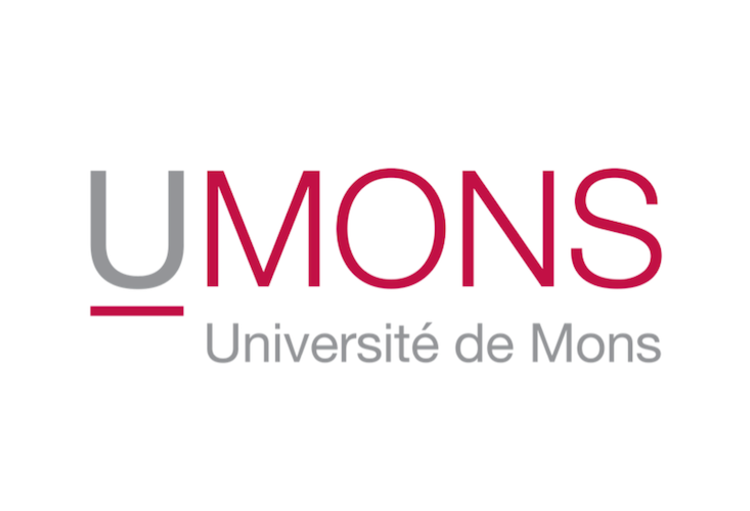
Welcome to the SYMBIOSE Lab at the University of Mons
We are an academic research lab investigating the physical principles governing biological systems and developing innovative bioengineered matrices for mechanobiology
Cells in the human body are continuously exposed to mechanical stress and deformation. To function properly, they must sense, integrate, and adapt to these physical cues, which are essential for tissue development, repair, and homeostasis. The dynamic interplay between mechanical forces and cellular behavior forms the basis of the emerging and rapidly expanding field of mechanobiology.
The SYMBIOSE Lab is led by Prof. Sylvain Gabriele at the University of Mons (UMONS). SYMBIOSE Lab brings together a multidisciplinary team that integrates engineering concepts, microfabrication tools, and cellular biology techniques to explore how cellular structure, mechanics, and function are interconnected through custom-designed experimental approaches. Our research focuses on understanding how the physico-chemical properties of the extracellular matrix govern cellular signaling, organization, and fate.
To this aim, we engineer the cellular microenvironment to precisely modulate cell–substrate adhesions, which are mechanically coupled to the contractile cytoskeleton, the primary force-generating structure of the cell. This coupling enables cells to sense, transmit, and respond to mechanical signals from their surroundings. Using custom-designed microsystems and advanced 3D imaging, we study how cells and tissues adapt to mechanical constraints through integrated biophysical and biochemical responses.
Our lab develops novel biomimetic platforms that recapitulate key features of the in vivo microenvironment, including stiffness, viscoelasticity, curvature, or spatial constraints, allowing us to address fundamental questions at the core of mechanobiology. We explore how mechanical memory can emerge from transient physical stimuli, how matrix curvature and spatial confinement direct both collective and single-cell migration, and how mechanical cues reshape nuclear architecture, modulate chromatin organization, and ultimately influence gene expression. By combining these experimental strategies with molecular perturbations and theoretical modeling, we seek to uncover the principles governing the mechanotransduction in living cells and tissues.
Our approach integrates advanced bioengineered experimental systems with concepts from soft matter physics. These experimental systems include custom-designed cell culture substrates, photopolymerized hydrogels, protein micropatterning, microforce sensing devices and high-resolution optical microscopy. Our experimental framework is further complemented by molecular and cell biology techniques, including the use of genetically engineered cell lines.
Our overarching goal is to uncover the physical principles governing cellular mechanotransduction and translate this knowledge into regenerative medicine, cancer research, and neurobiology.
Please visite the research page for more details
Recent news :
Our manuscript “Unlocking the therapeutic potential of cellular mechanobiology” published in Science Advances is now available online !
Please visite the UMONS News page for more details







